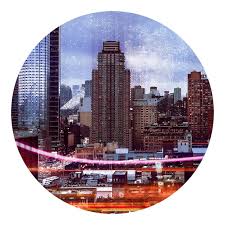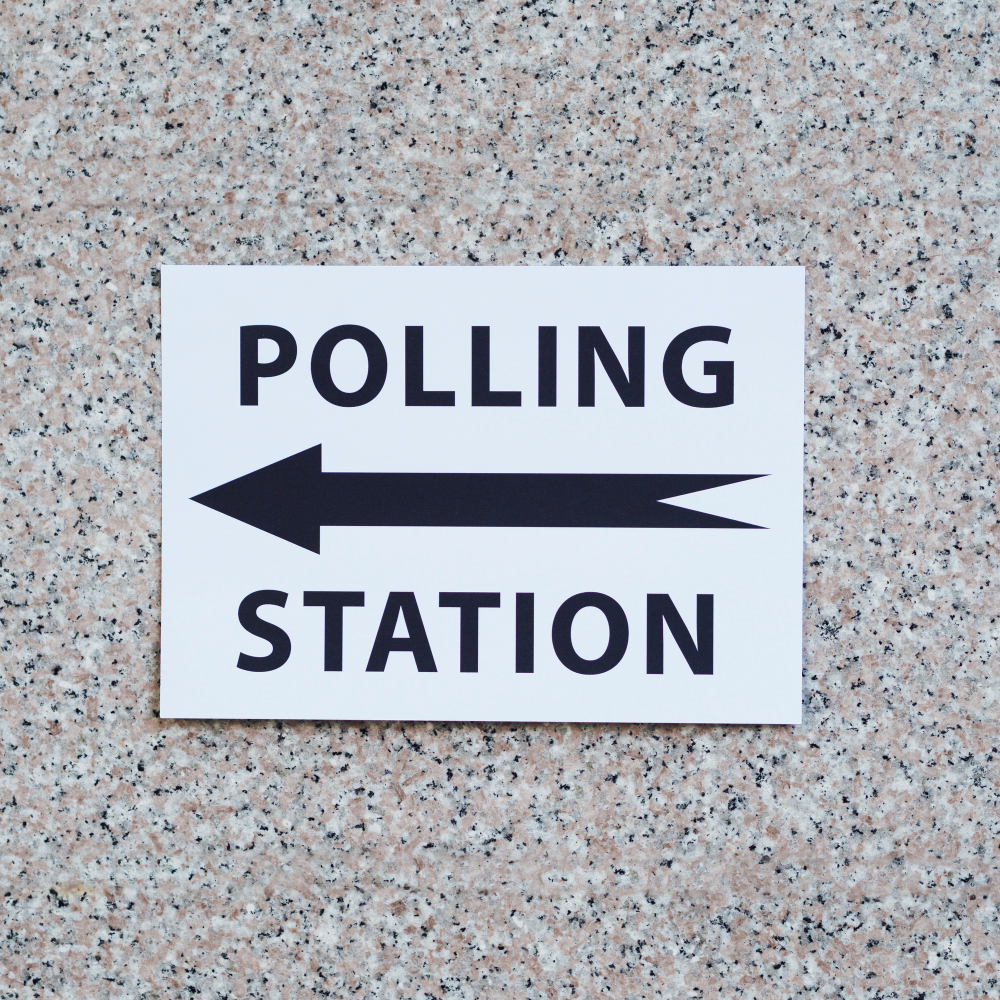In today’s fast-evolving digital landscape, online platforms and gaming communities have become more than just forms of entertainment—they are thriving ecosystems where innovation, collaboration, and creativity intersect. One term that has recently been gaining attention is “Free Cities Mopoga.” While it might sound new to many, it represents a combination of immersive gameplay, digital interaction, and community-driven experiences that are reshaping how people engage with virtual worlds.
In this blog post, we’ll take an in-depth look at what Free Cities Mopoga is, its origins, how it functions, its significance in the gaming and online community space, and why it’s becoming a hot topic among enthusiasts.
What is Free Cities Mopoga?
At its core, Free Cities Mopoga is often associated with the blend of simulation-style strategy games and the community-driven content that Mopoga, a known platform for interactive gaming and digital activities, curates. The term “Free Cities” refers to a concept where players can manage, build, or explore virtual environments with high degrees of freedom, unlike traditional games that limit user choices.
Mopoga, on the other hand, is recognized as a hub for online experiences—sometimes involving games, streaming, and interactive content. Together, Free Cities Mopoga is understood as both a game title and a concept representing open-ended digital exploration where players have control over shaping their worlds.
Think of it as a mix between sandbox-style city-building simulations and online community hubs. The key idea is to give users the ability to create, experiment, and immerse themselves in cities or societies where rules are flexible and freedom is encouraged.
The Origins of Free Cities Mopoga
The idea of free cities in gaming is not new. Over the years, games like SimCity, Cities: Skylines, and Minecraft have allowed players to build and manage cities with relative freedom. However, what sets Free Cities Mopoga apart is its emphasis on community-driven evolution.
Mopoga platforms introduced spaces where players could engage in more experimental forms of gameplay, often allowing modifications (mods), custom scripts, and user-generated content. The “Free Cities” concept took root here, enabling participants to create sprawling digital societies where players themselves define governance, trade, culture, and even morality.
By merging sandbox elements with an open online environment, Free Cities Mopoga has created something unique: a player-powered world that thrives on creativity and freedom.
Key Features of Free Cities Mopoga
So, what makes Free Cities Mopoga stand out? Here are some defining features:
1. Open-Ended Gameplay
Unlike traditional games with linear storylines, Free Cities Mopoga gives players the autonomy to choose their own paths. Want to design a utopia with fair governance? Or perhaps build a ruthless corporate dystopia? The choice is entirely yours.
2. Community-Driven Ecosystem
Mopoga thrives on community interaction. Players collaborate, share resources, trade, and sometimes even compete within the free cities environment. The ecosystem evolves based on collective decisions.
3. Customizable Cities and Societies
Players are not bound to pre-defined settings. From infrastructure to culture, everything can be customized. This freedom is one of the biggest attractions for creative gamers.
4. Integration of Mods and Expansions
A hallmark of Mopoga platforms is flexibility. Free Cities Mopoga often supports mods that expand gameplay, introducing new mechanics, storylines, or even entirely new forms of governance.
5. Ethics and Morality Systems
Interestingly, many iterations of Free Cities Mopoga include a moral dimension. Players must make decisions that affect citizens, social systems, and overall well-being. These choices can lead to thriving communities—or chaotic downfall.
Why is Free Cities Mopoga Popular?
The growing popularity of Free Cities Mopoga can be attributed to several factors:
- Player Freedom: Gamers are increasingly looking for open-ended experiences where they aren’t restricted by rigid narratives.
- Community Aspect: Mopoga connects like-minded individuals, making the game more engaging through collaboration.
- Creativity & Experimentation: Players enjoy testing different societal models, city designs, and strategies.
- Replayability: With so many possible outcomes, no two playthroughs are the same.
- Cultural Relevance: In an age where people are rethinking governance, economics, and community structures, games like Free Cities Mopoga act as digital sandboxes for exploring possibilities.
Educational and Social Value
Beyond entertainment, Free Cities Mopoga has surprising educational and social applications:
- Civic Education: Players learn about governance, resource management, and societal dynamics.
- Problem-Solving Skills: Balancing citizen needs, resources, and policies fosters critical thinking.
- Creativity Training: Designing unique cities enhances imagination and innovation.
- Community Building: Online players develop collaboration skills, leadership, and negotiation abilities.
Some educators even argue that simulation environments like Free Cities Mopoga can be valuable tools for teaching concepts of economics, sociology, and political science.
Potential Challenges and Criticisms
Of course, no platform or game is without drawbacks. Some criticisms of Free Cities Mopoga include:
- Steep Learning Curve: New players may find the freedom overwhelming without clear guidance.
- Ethical Concerns: Some players might misuse the freedom to create oppressive or harmful societies.
- Addiction Risks: The immersive nature can lead to excessive screen time.
- Community Conflicts: With diverse players, disagreements and disputes are inevitable.
Despite these challenges, the overall reception of Free Cities Mopoga has been largely positive, with many praising its innovative approach to player-driven storytelling and world-building.
Tips for Beginners in Free Cities Mopoga
If you’re just starting out with Free Cities Mopoga, here are a few tips to help you get the most out of your experience:
- Start Small: Instead of building a massive city right away, begin with a small community to learn the mechanics.
- Experiment Freely: Don’t be afraid to try unconventional ideas. The game rewards creativity.
- Engage with the Community: Join Mopoga forums, share your progress, and learn from others.
- Use Mods Wisely: Mods can greatly enhance gameplay, but start with a few to avoid being overwhelmed.
- Balance Resources: Pay attention to both citizen happiness and economic sustainability.
The Future of Free Cities Mopoga
The future looks bright for Free Cities Mopoga. With the rise of AI-driven worlds, virtual reality (VR) integration, and blockchain economies, we can expect even more immersive and complex systems in upcoming iterations.
Imagine stepping into a VR-powered Free City where you physically interact with the environment, negotiate with AI citizens, or manage resources in real-time. These advancements could make the Free Cities Mopoga concept not just a game, but a full-fledged digital society.
Conclusion
Free Cities Mopoga represents more than just another online simulation—it’s a vision of freedom, creativity, and community in the digital age. By giving players the ability to design, experiment, and collaborate, it provides both entertainment and valuable insights into the complexities of society.









